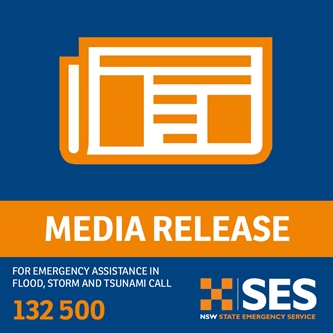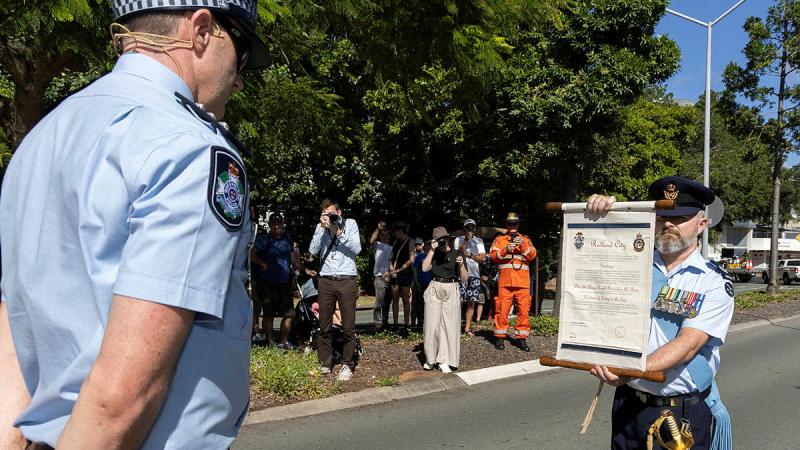Listening to the voices of children and young people and allowing them to influence policy and practice is the key to transforming our educational systems, a visiting researcher says.
Professor Roseanna Bourke, the keynote speaker at the Engagement Transforms 2019 (ET19) symposium in Hobart TOMORROW (Friday, 6 September), said children’s thinking is important and their theories of learning are critical.
“This can be very challenging and unsettling for adult educators and policymakers, but we already have enough examples to show the benefits to both adults and children when we incorporate opportunities for them to meaningfully participate in decisions about their lives,” Professor Bourke said.
“I would argue that this is the key to transforming our education systems. The thinking done by children and young people is qualitatively different to adults, but it is not inferior.”
New Zealand-based Professor Bourke (pictured) is a registered teacher, psychologist and Professor of Learning and Assessment, and Academic Director of the Educational Psychology Programme at the Institute of Education, Massey University. Her research interests include student voice, informal and everyday learning and the impact of institutionalised practices on student learning.
Professor Bourke said an obsession with measurable achievement outcomes, such as NAPLAN testing and ATAR results, is impacting the ability of young people to form strong connections to their learning throughout their lives.
“There is no research evidence that says learning is improved through testing –high stakes assessment actually tends to encourage ‘gaming’ of the system.
“We also know that supplementary private tutoring has become something of an industry in its own right and often plays on parental anxiety.
“Let’s get obsessed with learning instead and see what happens,” she said.
Professor Bourke, whose research has engaged children as research partners, is a strong advocate for a greater emphasis on the importance of learning that occurs in everyday settings.
“A child’s identity as a successful learner is often limited to the school context. Stamps, stickers, and later, grades and teacher feedback, have a power over children that determines whether they are capable learners,” she said.
“We need to build a strong sense of learner identity for every child and value their learning within their home, community and school contexts.”
ET19 is the third biennial symposium of the Peter Underwood Centre at the University of Tasmania.
More than 100 educators, researchers, pre-service teachers and other community stakeholders have registered for the full-day program at the University’s School of Creative Arts and Media, Hunter Street.








